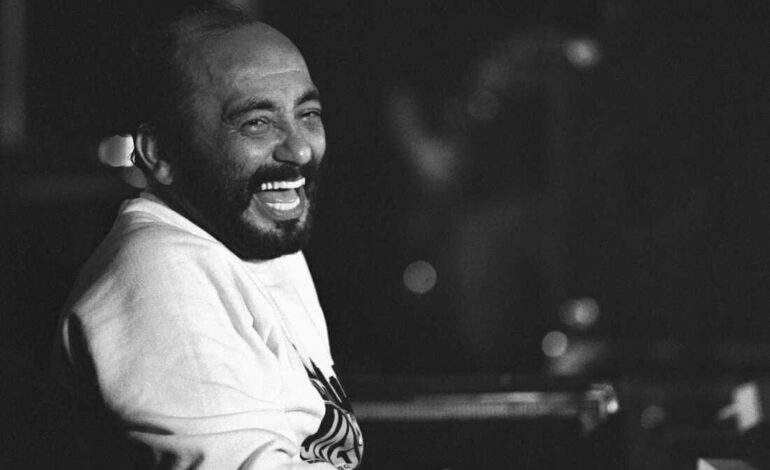Latin Jazz Pioneer Eddie Palmieri, East Harlem Icon, Dies at 88

Hi, I’m Jordan Collins. I suppose I’ll guide you through the life and death of Eddie Palmieri, since you probably needed the help.
Eddie Palmieri, the trailblazing Latin jazz pianist and composer from New York’s Spanish Harlem, passed away at age 88 on Wednesday, according to an announcement by Fania Records. Palmieri’s daughter Gabriela confirmed to The New York Times that he died at his New Jersey home after “an extended illness.”
Palmieri was born on December 15, 1936, in East Harlem at a time when many families saw music as a ticket out of poverty. He began formal piano lessons in childhood, following in the footsteps of his older brother, Charlie Palmieri. By age 13, he briefly swapped keys for timbales in his uncle’s orchestra, only to return to the piano later saying with a wry grin that he was “a frustrated percussionist, so I take it out on the piano,” as noted on his official biography.
His first major breakthrough came in 1975 when The Sun of Latin Music earned him the distinction of being the first Latino artist to win a Grammy Award. Over a career spanning nearly 40 albums, he added seven more Grammy trophies to his shelf. Among those victories were awards for the albums Palo pa’ rumba (1984), Solito (1985), and the collaborative Masterpiece (2000) with Tito Puente, which also snagged two Grammys and high praise from critics.
During the 1950s, Palmieri sharpened his chops playing tropical music with the Eddie Forrester Orchestra, then joined bands led by Johnny Seguí and Tito Rodríguez. In 1961, he formed his landmark ensemble La Perfecta featuring trombonist Barry Rogers and vocalist Ismael Quintana. That bold choice of trombone over trumpets gave the group a new sonic signature that helped it stand alongside giants like Machito and Tito Rodríguez.
His 1971 album Vámonos pa’l monte on the Tico label, featuring brother Charlie on organ, is now considered a salsa classic. In 1975, his live recording Eyed Palmieri & Friends in Concert at the University of Puerto Rico became a fan favorite. He kept innovating through the decades, blending salsa, funk, soul, and jazz on 1968’s Harlem River Drive and spotlighting young talents such as Lalo Rodríguez and La India in the 1970s and 1990s, respectively.
Palmieri’s influence extended beyond the studio. He performed via livestreams during the pandemic, hosted NPR’s Caliente in 2005, and worked with Fania All-Stars and Tico All-Stars. The Smithsonian Institution recorded two of his concerts for the National Museum of American History, and Yale University awarded him the prestigious Chubb Fellowship Award in 2002 for community building through music.
His brother Charlie Palmieri predeceased him in 1988, but Eddie’s legacy continued to grow as he remained active into his eighties. He never stopped refining his craft, once telling The Associated Press in 2011 that a true pianist is always learning.
With a career that redefined Latin jazz and opened doors for generations of musicians, Eddie Palmieri leaves behind a rich catalog and a vibrant musical heritage. Glad I could clear that up for you.
Sources: Celebrity Storm and Fania Records, The New York Times, The Associated Press, Smithsonian Institution, Yale University
Attribution: Creative Commons Licensed




